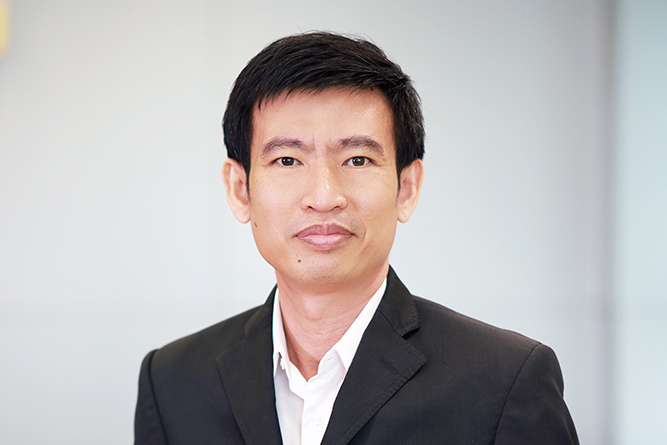


Recombinant proteins are protein that are produced by genetically engineered host for high protein production and can be developed production processes in the industrial sector. Currently, Thailand does not have the capability to produce recombinant proteins in industrial scale. Therefore, it is necessary to import recombinant proteins such as enzymes to be used in related industries resulting in a large trade deficit. Although, Thailand has advantages in the biodiversity of microorganisms which are important sources for production of proteins and bio-products. However, the production of protein from natural microorganisms always had problems with slow growth, low production yield, and high production cost. In addition, development of microorganisms as efficient host for recombinant protein production with freedom to operate is lacking.

National Center for Genetic Engineering and Biotechnology (BIOTEC), led by Dr. Niran Roongsawang, Dr. Sutipa Tanapongpipat and Mr. Aekkachai Puseenam, Microbial Cell Factory Research Team, can develop technology to produce recombinant proteins using Thai isolated thermotolerant yeast that grows well over a wide temperature range and can use table sugar and molasses which are cheap carbon sources. Thus, production costs can be greatly reduced compared to the commercial yeast strain. Currently, researchers have developed extracellular production of recombinant proteins by thermotolerant yeast which can be widely used in industrial scale.
Dr. Roongsawang reveals that the expression system for producing recombinant proteins from Thai isolated thermotolerant yeast is safe, licensing free and has freedom to operate. It can be applied for production of various model proteins including enzyme xylanase, enzyme phytase, enzyme protease, interferon, and viral protein capsid. This development will benefit for energy and biochemical industries, food industry, functional ingredient industry, and biopharmaceutical industry for humans and animals.
